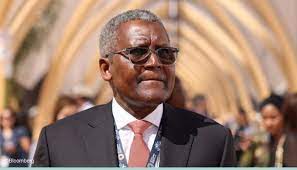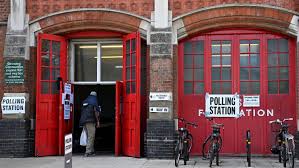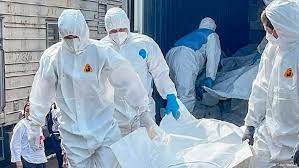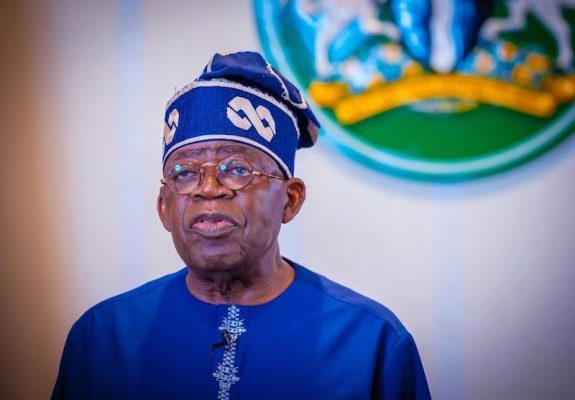By Ayomide Otitoju
The World Health Organization (WHO) is advancing global efforts to detect and contain health threats through innovative tools, data-sharing platforms, and cross-border collaboration, according to its latest annual report released by the WHO Hub for Pandemic and Epidemic Intelligence in Berlin.
Building on lessons from the COVID-19 pandemic, the Hub now supports over 150 countries in strengthening early warning systems, real-time outbreak detection, and genomic surveillance to better prepare for future pandemics.
“Health threats spread faster than ever. The Hub is ensuring the most robust tools and analytics are available to enhance early detection and rapid response,” said Dr Tedros Adhanom Ghebreyesus, WHO Director-General.
At the core of the Hub’s work is the Epidemic Intelligence from Open Sources (EIOS) platform, an AI-powered tool that scans online content in real time to identify potential public health threats. Another key project is the International Pathogen Surveillance Network (IPSN), which links over 235 organizations to expand genomic analysis capabilities worldwide, supported by a $4 million fund for low- and middle-income countries.
Dr Mike Ryan, Executive Director of WHO’s Health Emergencies Programme, emphasized that the Hub combines proven surveillance methods with emerging technologies to stay ahead of disease outbreaks.
To assist global decision-makers, the WHO is also developing a pandemic simulator—an interactive platform to model disease spread and predict the impact of interventions in real time.
Dr Chikwe Ihekweazu, Deputy Executive Director of WHO’s Health Emergencies Programme, highlighted the Hub’s commitment to building trust and driving innovation. “Together, we are building a safer, healthier world for all,” he said.
Located in Berlin, the Hub serves as a dynamic campus for scientific collaboration, hosting over 60 workshops and events annually. German officials have praised the Hub as a realization of their vision to fuse science, technology, and policy for global health security.
With its expanding partnerships and state-of-the-art tools, WHO says it is better equipped than ever to prevent the next pandemic, emphasizing the importance of collaborative surveillance and global solidarity.










